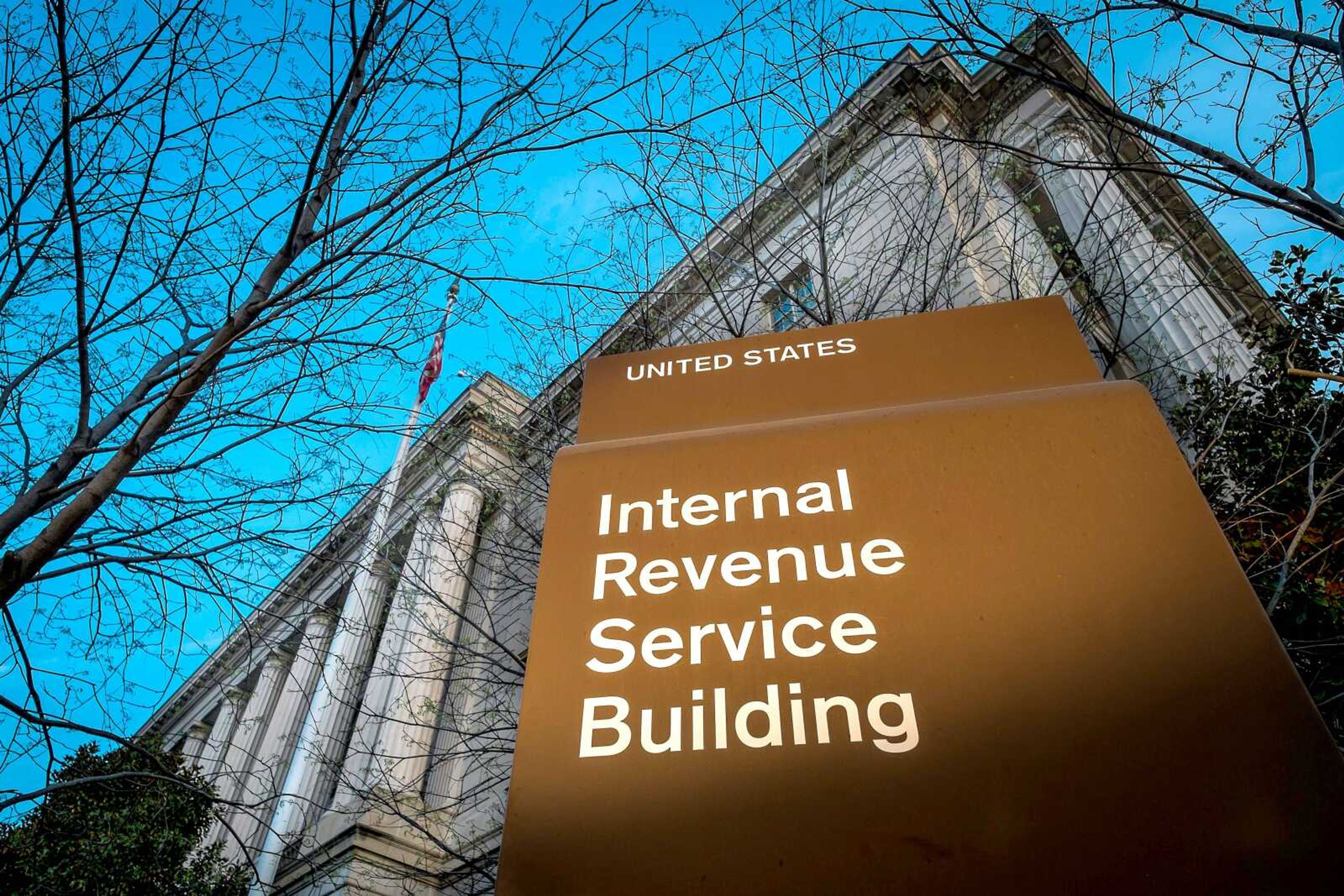April 15 not much of a deadline for most taxpayers
WASHINGTON -- The calendar shows April 15, and you haven't even started on your federal tax return? Chances are, you don't need to fret. If you're due a refund -- and about three-fourths of filers get refunds -- April 15 isn't much of a deadline at all...
WASHINGTON -- The calendar shows April 15, and you haven't even started on your federal tax return? Chances are, you don't need to fret.
If you're due a refund -- and about three-fourths of filers get refunds -- April 15 isn't much of a deadline at all.
The Internal Revenue Service doesn't like to talk about it, but penalties for filing late federal tax returns apply only to people who owe money. The penalty is a percentage of what you owe. If you owe nothing, 5 percent of nothing is ... nothing.
But it doesn't make much sense to file late. If you are owed a refund, why wouldn't you want it as soon as possible? And if you have unpaid taxes, the late fees add up quickly.
"Most people with refunds are filing early in January, February and March because they'd like the refund early," IRS commissioner John Koskinen said. "So we don't see an incentive and we don't see much experience of people waiting later for us to keep the money longer."
The failure-to-file penalty is generally 5 percent of your unpaid tax bill for every month, or part of a month, you are late. It kicks in April 16. In general, the maximum penalty is 25 percent of your original tax bill.
There also is a penalty for failing to pay your tax bill, separate from the penalty for failing to file at all, but it's much smaller. That's because the IRS wants you to file a return even if you don't have enough money to pay what you owe.
The failure-to-pay penalty is 0.5 percent of your unpaid taxes for every month, or part of a month, you don't pay.
About 12 million taxpayers are expected to request extensions, giving them an additional six months to file their returns, according to the IRS. However, these taxpayers still must pay at least 90 percent of their tax bill by today to avoid the failure-to-pay penalty.
---
What if you wait years to file your tax return?
If you're really late, the IRS will take your refund after three years, turning it over to the Treasury.
Last month, the IRS said it had $760 million waiting to be claimed by an estimated 918,600 taxpayers who did not file returns for 2010.
Some of these people weren't required to file returns because they didn't make enough money. But they still may have had taxes withheld from their pay. The 2010 returns were due April 15, 2011, so those taxpayers have until today to claim their refunds.
As part of the agency's effort to encourage these taxpayers to come forward, the IRS reassured in its news release: "There is no penalty for filing a late return qualifying for a refund."
*
The IRS expected to receive about 35 million returns in the last week before the deadline. Most come with payments instead of refund requests.
Some other numbers, through April 4:
* Individual returns filed: 99.9 million.
* Refunds issued: 78.8 million.
* Share of taxpayers getting refunds: 79 percent.
* Total amount of refunds: $220 billion.
* Average refund: $2,792.
* Where's my refund? Visits to IRS.gov: 236 million.
* The rise of computers: 90 percent of returns have been filed electronically.
* Not bothered by tax forms: 58 percent of Americans say it is very easy or somewhat easy to complete a federal return, according to an Associated Press-GfK poll.
* But some people are bothered: 11 percent say it is very hard to complete a federal return.
* These people are really bothered: 7 percent say they would be willing to pay more in federal taxes if filing were easier.
---
Who pays federal taxes?
Last year, the federal government collected $2.8 trillion in taxes and fees. Here is where the money came from:
-- Individual income tax: 47 percent.
-- Payroll taxes: 32 percent.
-- Corporate income tax: 10 percent.
-- Excise taxes: 3 percent.
-- Unemployment insurance: 2 percent
-- Estate and gift taxes: 1 percent.
-- Customs duties: 1 percent.
-- Miscellaneous: 4 percent.
Sources: IRS, AP-GfK Poll conducted March 20-24, Treasury report on budget year 2013.
------
Follow Stephen Ohlemacher on Twitter: http://twitter.com/stephenatap
Connect with the Southeast Missourian Newsroom:
For corrections to this story or other insights for the editor, click here. To submit a letter to the editor, click here. To learn about the Southeast Missourian’s AI Policy, click here.










